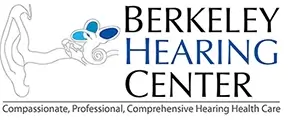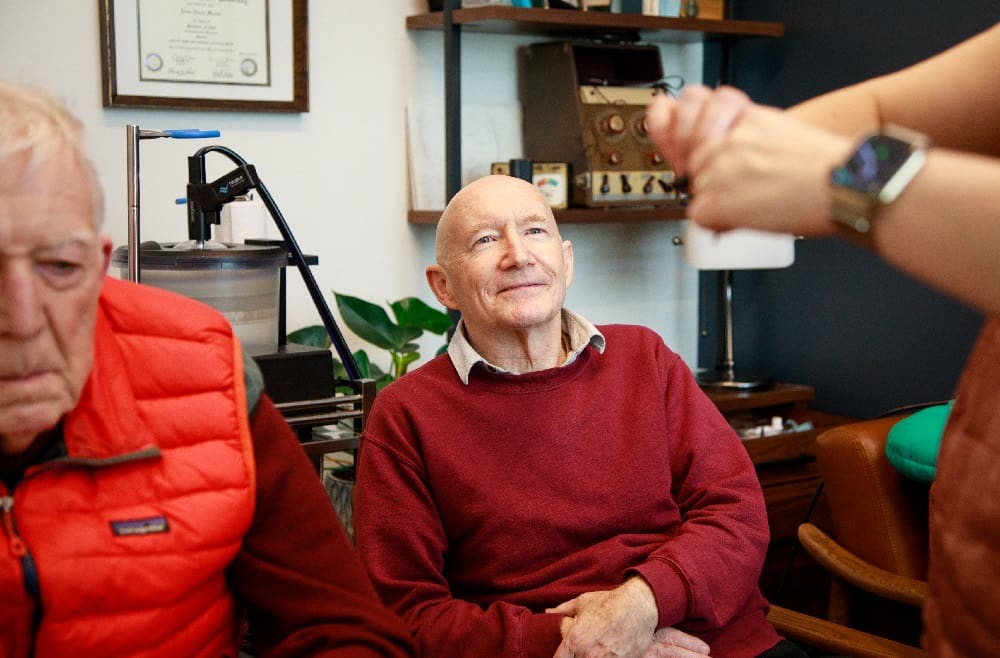2022-05-01
Jonathan Lipschutz Audiologist, M.S., F-AAA, Co-Owner
There’s a common myth that all cognitive issues eventually lead to dementia. In fact, many underlying health conditions can impact cognitive function, such as cardiovascular/metabolic issues, sleep disorders, neurological issues, medication side effects/polypharmacy drug interactions, as well as effects from loss of vision or hearing. Therefore early detection of cognitive decline is imperative, since addressing any underlying health issues might make cognitive issues more manageable/treatable or, in some cases, reversible.
Approximately a year ago we added Cognivue, a computer based cognitive screening tool, to our testing battery. Cognivue is the first FDA-approved, computerized risk assessment screening tool for assessing cognitive function. It is the result of a 2005 NIH grant seeking to address what has previously been hard to objectively and efficiently assess– identifying the early signs of cognitive decline.
The Cognivue test consists of ten, one-minute, separately scored sub-tests that provide a breakdown into six key cognitive domains: visuospatial, executive function, naming/language, memory, delayed recall, and abstraction. In addition, it gives insight on 2 additional important cognitive parameters: reaction time and processing speed. I’ve taken the test myself (thankfully no areas of concern), and it’s very much like playing a simple video game. So it’s easily accessible to most individuals. It’s simple, quick and gives us more information to help us counsel and treat our patients more effectively and holisticly.
From our perspective as audiologists, we’re acutely aware that the onset of hearing loss can significantly impact cognitive functions such as memory, speech and language, which can foreshadow overall cognitive decline. Happily, a “not-insignificant number” (as my dad jokingly says) of our patients are already aware of the connection between hearing loss and cognition. In fact, I’m no longer surprised when patients say that’s one of the main reasons they scheduled an appointment to have their hearing evaluated. I say ‘Happily’ because this is important public health information that our practice, and the field of Audiology in general, has been working for years to disseminate. The message is beginning to filter out, but we can and need to do better. Early identification and treatment of hearing loss, cognitive decline or any health issue for that matter, leads to better long term outcomes and enhanced overall quality of life.
So understanding how an individual’s cognitive ability affects communication is consistent with our goal of providing ‘whole patient’ audiological care. And therefore we will continue to educate and inform our patients/their families, other healthcare professionals and the general public about the critical connection between hearing and cognitive health and raising awareness about the benefits of early intervention and treatment.
Please continue to love your community by getting vaccinated/boosted & masking up where and when appropriate. And please always support our local businesses.
https://berkeleyhearing.com/wp-content/uploads/2024/10/Take-charge-of-your-health-today-Schedule-a-hearing-evaluation-and-cognitive-screening-with-us-to-ensure-early-detection-and-treatment-1.jpg
Jonathan Lipschutz Audiologist, M.S., F-AAA, Co-Owner






